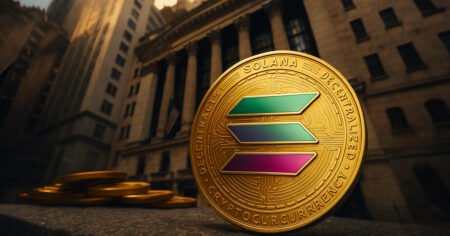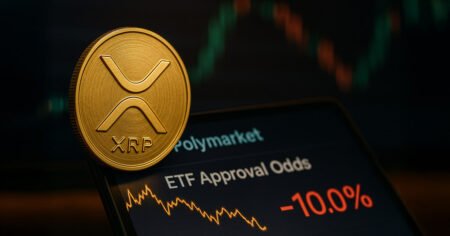Asset management firm VanEck recently announced the closure and liquidation of its Ethereum futures exchange-traded fund (ETF) EFUT. The decision was based on a variety of factors, including performance, liquidity, assets under management (AUM), and investor interest. VanEck also pointed to the recent approval of its spot Ethereum ETP, ETHV, by the US Securities and Exchange Commission (SEC) as a key reason for shutting down EFUT.
Shareholders of EFUT have until September 16, 2024, to sell their shares on the fund’s listing exchange before it is delisted and trading ceases. Those who still hold shares by the expected liquidation date of September 23, 2024, will receive a cash distribution based on the net asset value (NAV) of their holdings. EFUT was launched on October 2, 2023, and as of September 5, it held $21.24 million in net assets, with an NAV of $20.23.
VanEck’s decision to close its Ethereum futures ETF comes at a time when JPMorgan analysts have noted that the AUM of spot Ethereum ETFs as a percentage of the token’s market cap is comparable to Bitcoin ETFs at a similar post-launch stage. The combined AUM of Ethereum ETFs, including Grayscale’s ETHE, represented approximately 2.3% of Ethereum’s total market cap after the first 29 days of trading, while Bitcoin ETFs accounted for 3.0% of Bitcoin’s market cap during the same period.
By analyzing AUM against the underlying market cap, the JPMorgan analysts suggest that the performance gap between Ethereum and Bitcoin ETFs is less significant than it may appear. However, some market analysts argue that there have been over $500 million in negative outflows from US-traded spot Ethereum ETFs since their launch, unlike the record inflows seen in early Bitcoin ETF trading.
Overall, VanEck’s decision to close its Ethereum futures ETF reflects a shifting landscape in the cryptocurrency market, with a growing focus on spot ETFs and changing investor preferences. As the industry continues to evolve, it will be interesting to see how different ETF products and offerings shape the future of digital asset investment.

















